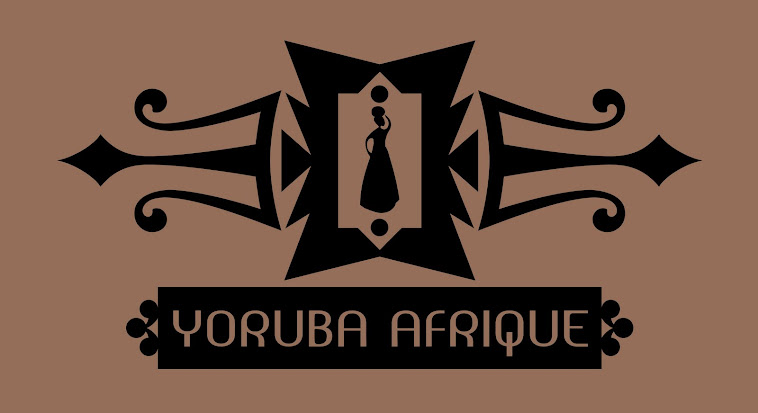Amidst a plethora of my current obsessions, affordable and easy access to World Wide Web is by far leading the battle board. With the assistance of technology, I record and purchase any content related to how Africa can overcome the impediments that restrain internet accessibility to all Africans (residing in rural and urban areas).
In September 2012 I featured Ory Kolloh who was Google Policy
Manager at the time [We see you!] and the feature briefly touched on the
internet being as much a fundamental right as water or electricity. If we
reflect on the current challenges using South Africa as an example, contract
users could access the internet for 1-2c per megabyte, however ad hoc (prepaid)
users pay R1-2 for the same access – how ludicrous.
 |
| Google doodle - Kenya Election 2013 (image source: www.doodlehistory.com) |
Our governments have put in place different broadband policies which are meant to ensure broadband penetration and address ‘the digital divide’. As China manufactures cheaper smart phones Afrika will probably be one of the fastest growing markets, if this is not already the case. In the African context, the primary access tool is mobile rather than fixed lines (ADSL) which is vis-a-vis in developed economies where mobile is supplementary. In retrospect, the population does not necessarily need broadband access, we need cheaper mobile access.
Developing and maintaining the infrastructure does not come cheap, I do however believe the long term benefits far outweigh the short term costs that could be incurred. The MEC for Economic Development & Tourism in KwaZulu Natal, Michael Mabuyakhulu was quoted as saying “The ability for all to access and contribute information, ideas and knowledge is essential in an inclusive information society (and) therefore each person should have the opportunity to acquire the necessary skills and knowledge to understand, participate actively and benefit fully.” (at the KZN Information and Communications Technology Summit 2013).
Although I’ve known for quite some time that my next post will be about the accessibility of the World Wide Web and the rise of mobile applications. This post was highly influenced by an article I read on my weekly Sunday fix, the City Press (8 June 2014, Page 1 of Voices). The title read - ‘Mining our future ECONOMY. Tomorrow’s riches lie beneath the ground, but they are not in the mines’, written by the South African doyenne of journalism, Ferial Haffajee. I quote, “…The Platinum strike, now five months long, has flummoxed senior political leaders. First, Deputy President Cyril Ramaphosa, who was a Lonmin director, failed with the rest of his board…Add to that stellar cast the country’s finest mediators and arbitrators, all of whom have used their best negotiating tactics to no end… Our future economy lies under the ground, but not in deep mines. It is fibreoptic cables to amp the speed of broadband transmission, propelling us into the future.” (Do yourself a favour and read this article, it will be worth your time).
Our Abebe Bikila post goes to Alpesh Patel.
 |
| Alpesh Patel (image source: www.ccn.com) |
The Afro-Optimist, Ugandan born beat Apple in its track and championed the agenda of the ‘African & Proud’ digital nation. The tale is that the twerking Miley Cyrus tweeted that emoticons needed an ethnicity update, and that message was forwarded to Apple. I for one have been yearning for this. Patel’s company mi-Group created black emoticons called Oju which has been launched globally. In the first few days of launching Oju had 15 300 downloads, 70% of them were in the US.
mi-Group was founded in 2006 believing Africans are best served by African technology.
They have also created the first local handset, mi-Fone which is active in 15 markets, with its main centres being Angola, Kenya, Nigeria and the Democratic Republic of Congo. The phones are also sold online. They will be launching in South Africa soon.
A project which I am very excited about is their third product, the mi-Card, a debit card that has won the support of Visa. The mi-Card can be downloaded to any phone. Customers without a bank account can top up the debit card at a mi-Group retail outlet and use it to make purchases over their phones. Whilst consumers are faced with high bank charges, this is a great way to nip the thorny branch.
Patel says they have many other ideas but the group is already hampered by a lack of funding. There are no venture capitalists behind the business, with many naysayers than supporters. Me thinks if Ethiopia’s Abebe Bikila became the first black African to win gold at the 1960 Olympics in Rome whilst running barefoot, then there’s no hurdle high enough for Patel and his team not to reach the victory line.




































